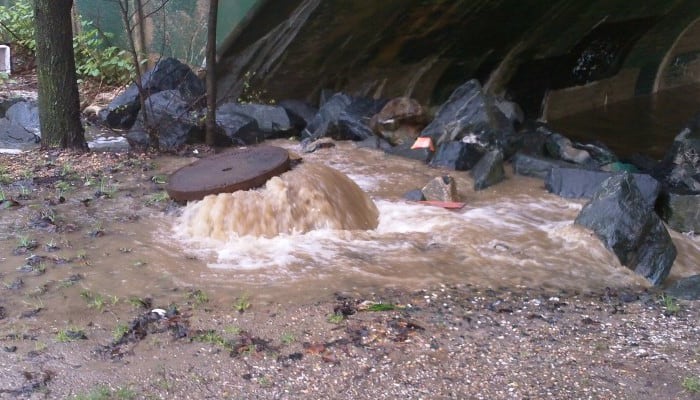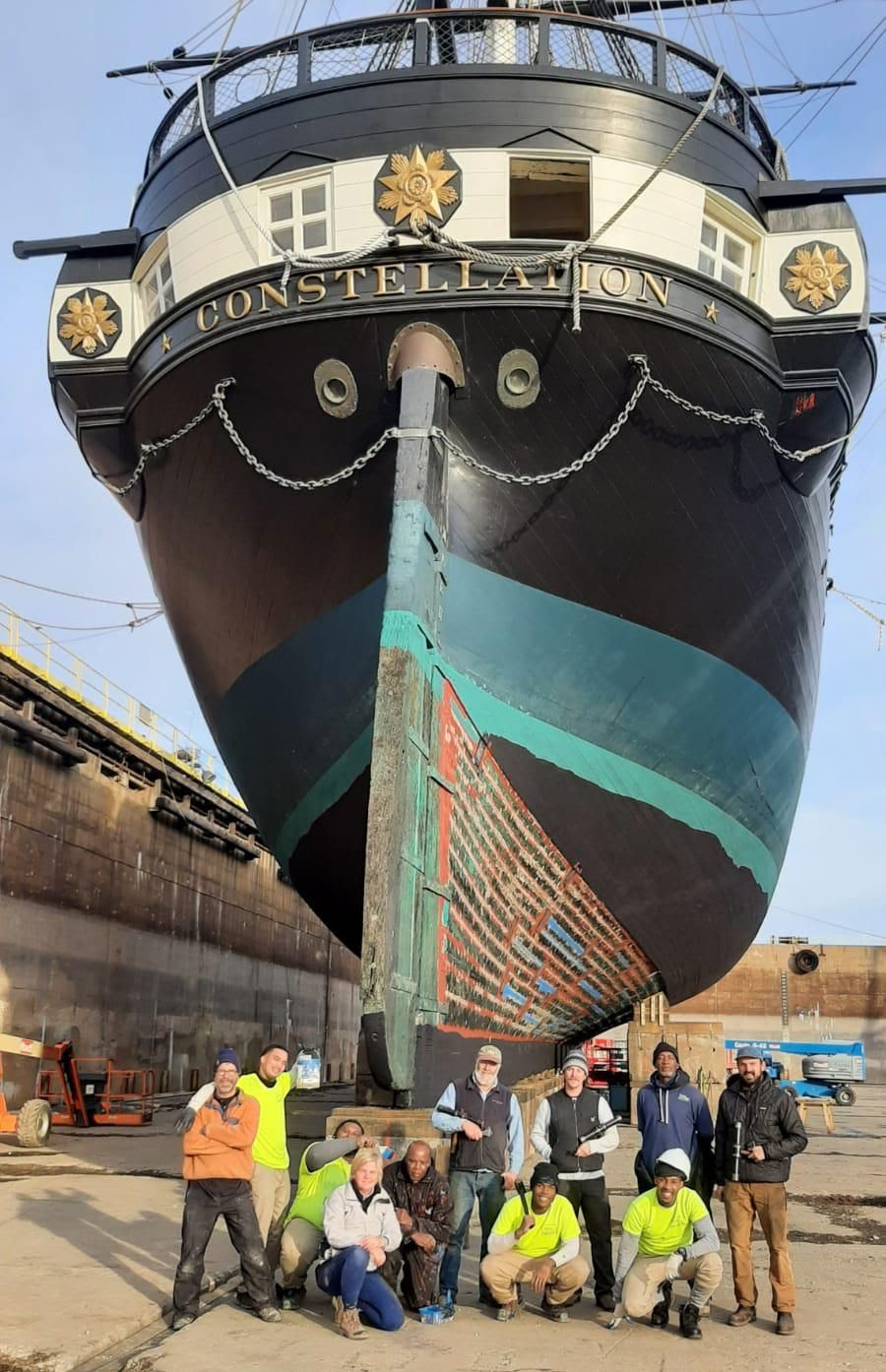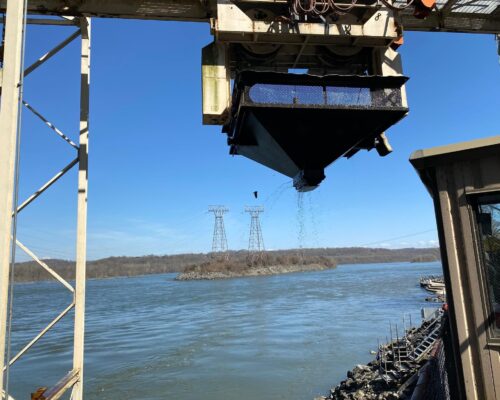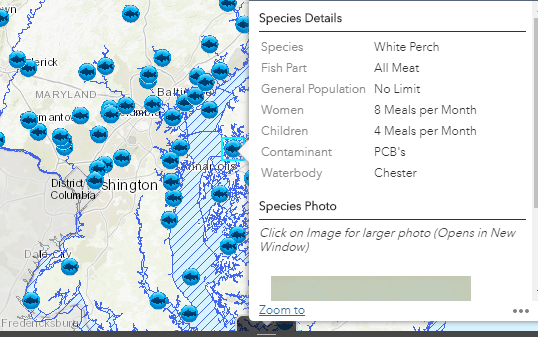Baltimore City has agreed to fix its sewage overflow problem by the start of 2021, an effort that is going to cost an estimated $2.5 billion.
Blue Water BaltimoreThe agreement with the Maryland Department of the Environment, EPA, and U.S. Department of Justice, is a modification to the 2002 consent decree designed to significantly reduce the amount of sewage that overflows in the city and pollutes the Bay.
The projects are supposed to address 80 percent of sewage overflow volume, beginning in the next four years.
Sewage overflows typically occur when a large volume of rainwater infiltrates aging sewage lines through breaks and cracks to overwhelm a plant’s ability to treat sewage. Overflows in sanitary sewer systems—systems with separate pipes to carry stormwater and sewage—are illegal.
The new agreement requires Baltimore City to notify the public of sewage overflows and construction work, and reimburse homeowners for sewage backups in their homes in a timely manner.
Specific projects required to be finished by 2021 include:
1. A $430 million “headworks” project to eliminate a flow restriction at the Back River wastewater treatment plant that causes sewage backups into buildings.
2. Mandatory stream quality monitoring for pollutants, including pathogens.
The city will be required to inspect and, if necessary, clean all sewer lines greater than eight inches in diameter every seven years. Also, the city must aggressively identify sewage discharges of unknown origin and repair leaking sewer lines.
“This agreement will protect local waters and the Chesapeake Bay, and support critical water infrastructure, in a way that provides a real, sustainable return on taxpayer investment,” said Maryland Governor Larry Hogan.
The proposed amended consent decree was filed this week in federal court in Baltimore, and it will need court approval to be official.
“This is a better contract for clean water and environmental justice,” said Maryland Environment Secretary Ben Grumbles. “The state will ensure the City keeps its promise, providing tough oversight and real money to support continued progress for all citizens of the Chesapeake Bay region.”
Baltimore has completed many of the actions required by the original 2002 consent decree, including: eliminating combined sewers; evaluating sewersheds to propose rehabilitation measures; eliminating most structured overflow outfalls; and rehabilitating pumping stations. The 2002 consent decree required all work to eliminate sewer overflows to be completed by January 2016, but it became clear to the parties that due to the flow restriction at the Back River plant and other factors, additional time and effort were necessary to bring the system into full compliance with Clean Water Act requirements.
Baltimore City has paid a $600,000 civil penalty for violations alleged in the 2002 consent decree and has paid about $1.8 million in stipulated penalties for overflows, as prescribed in that consent decree.




